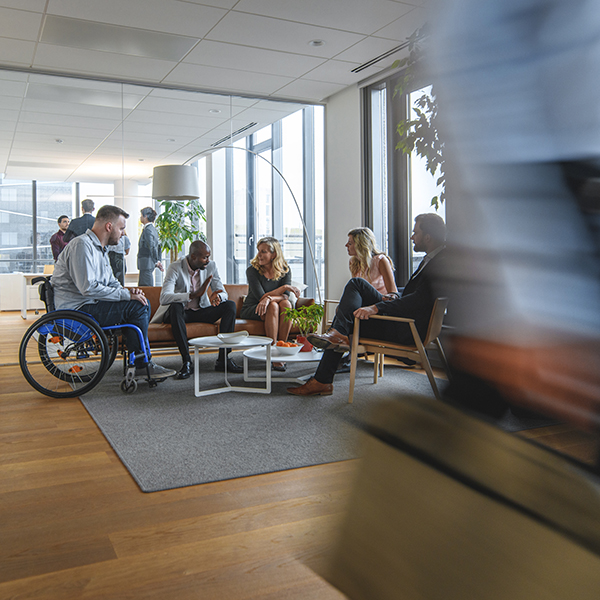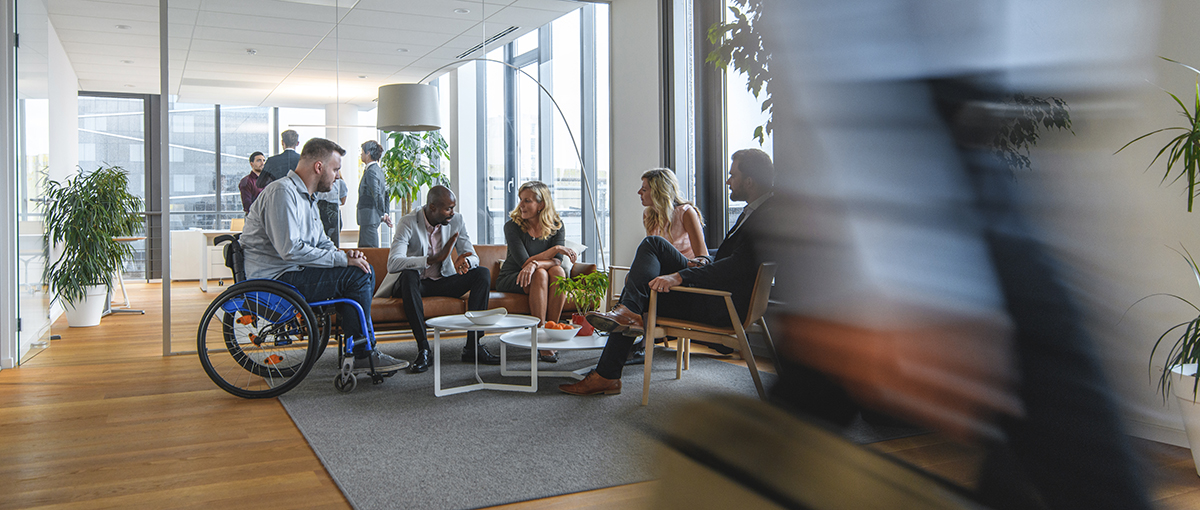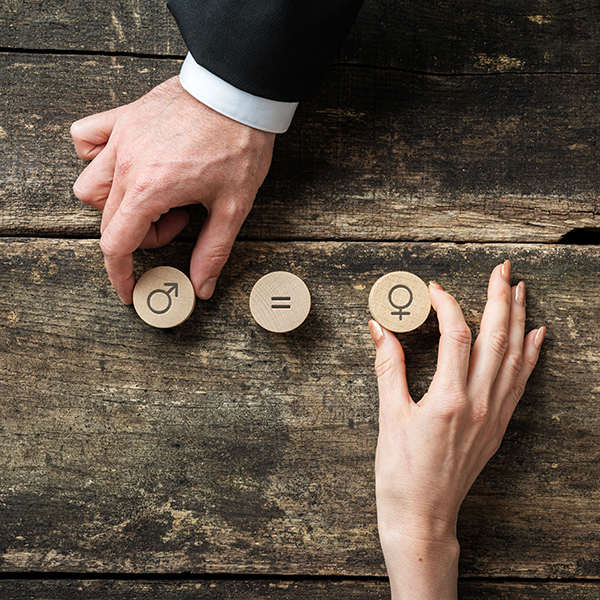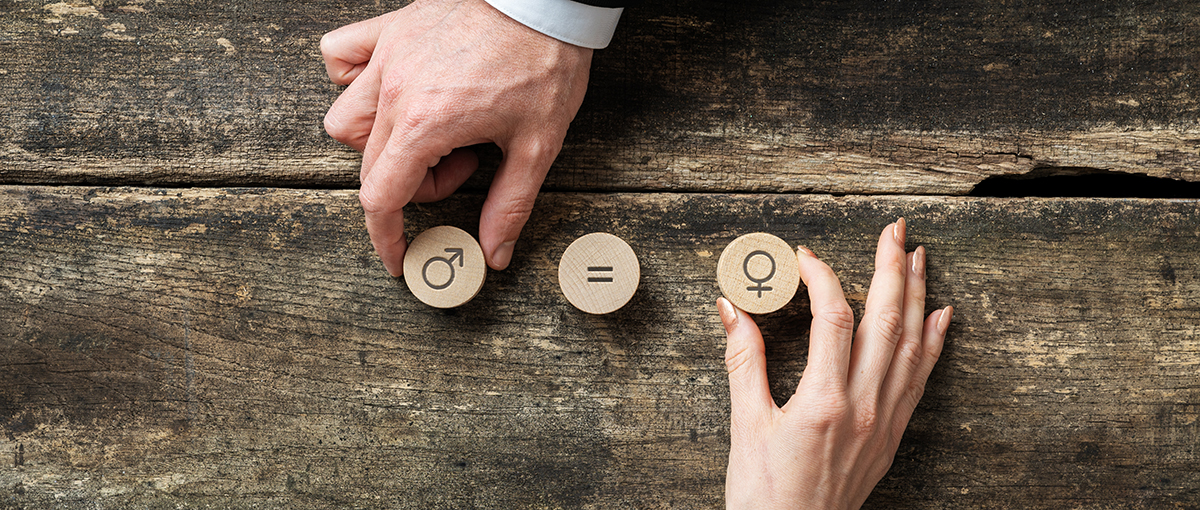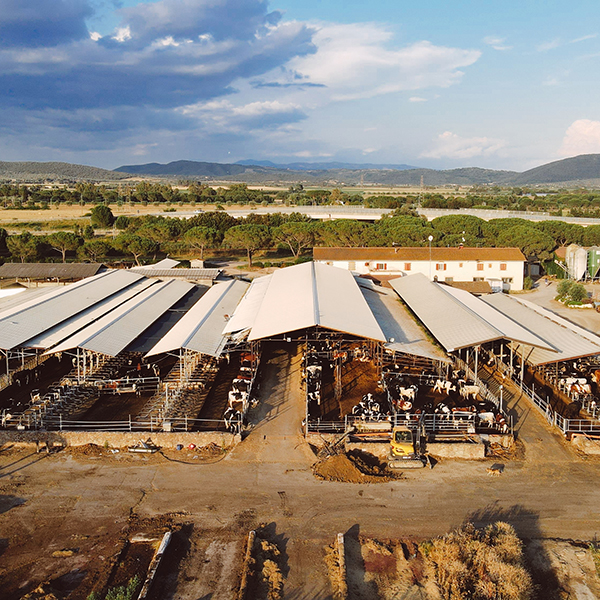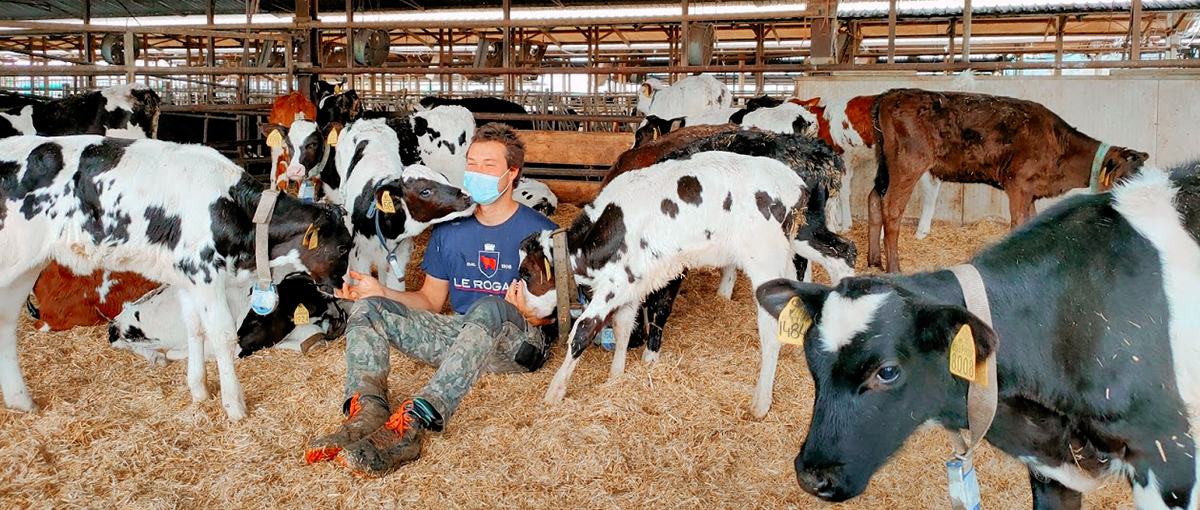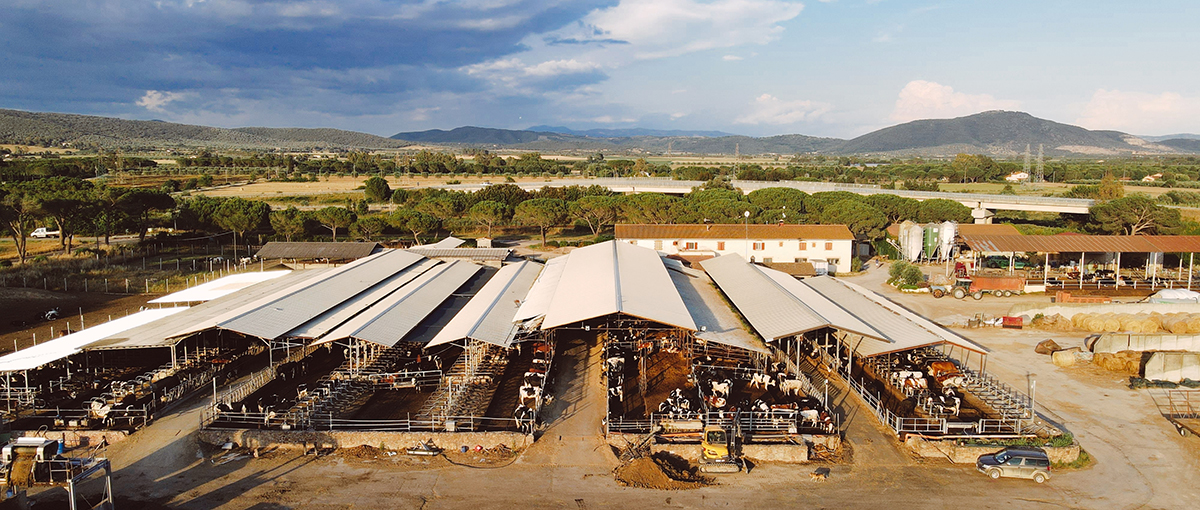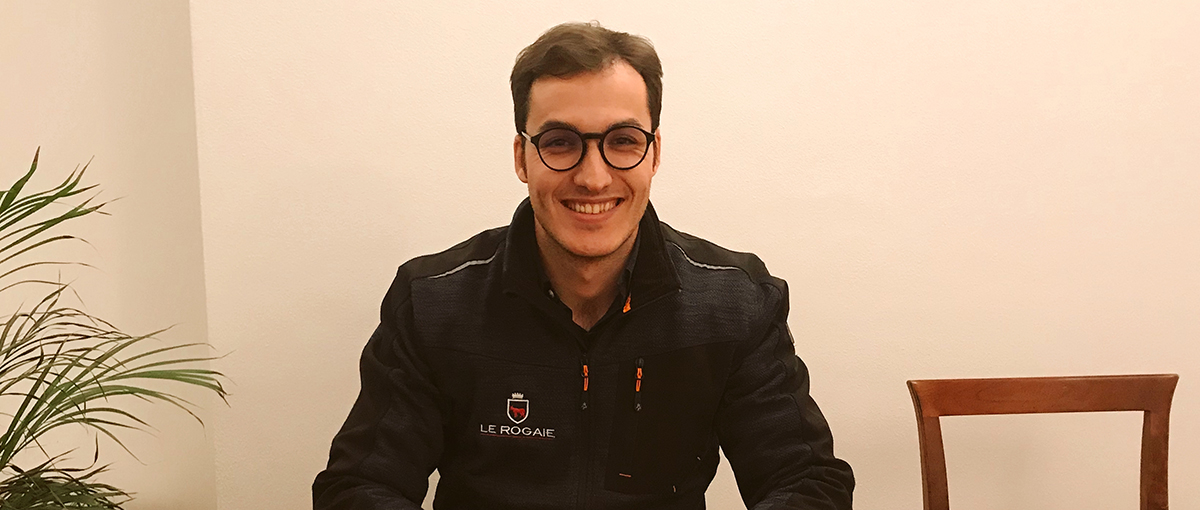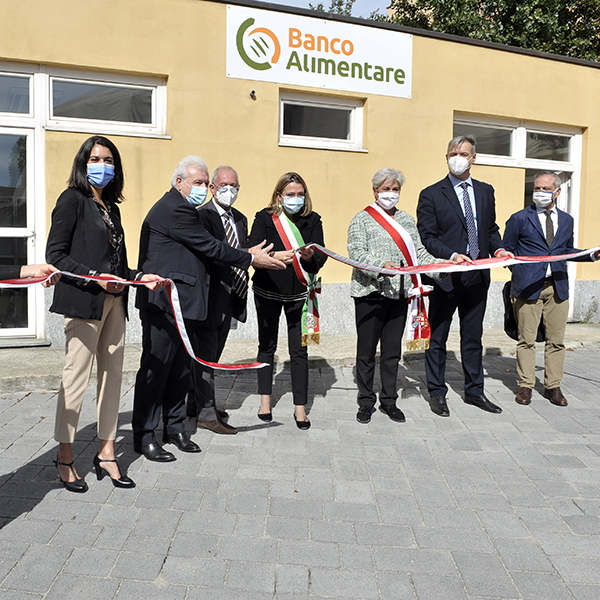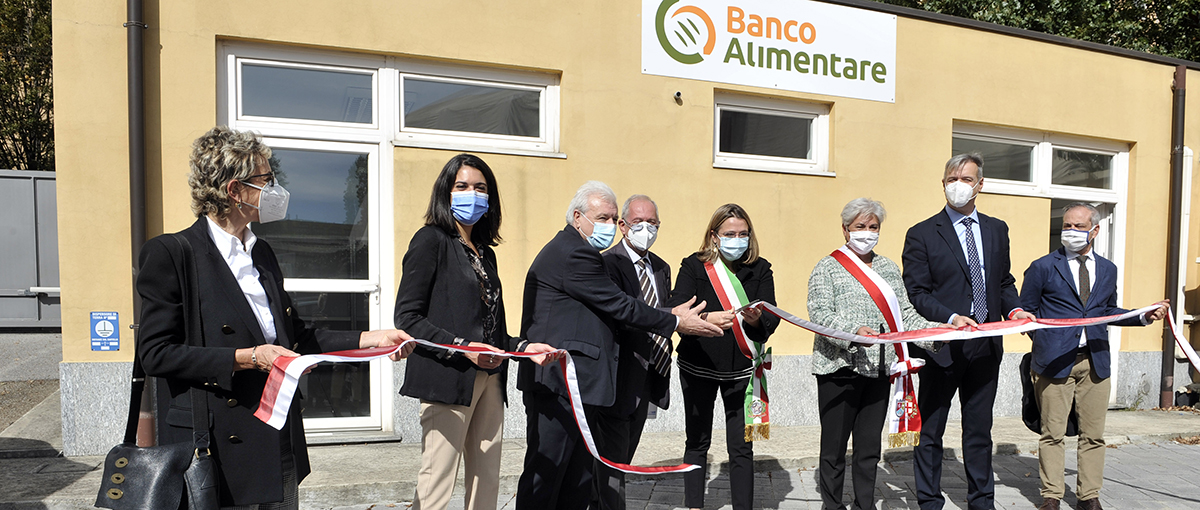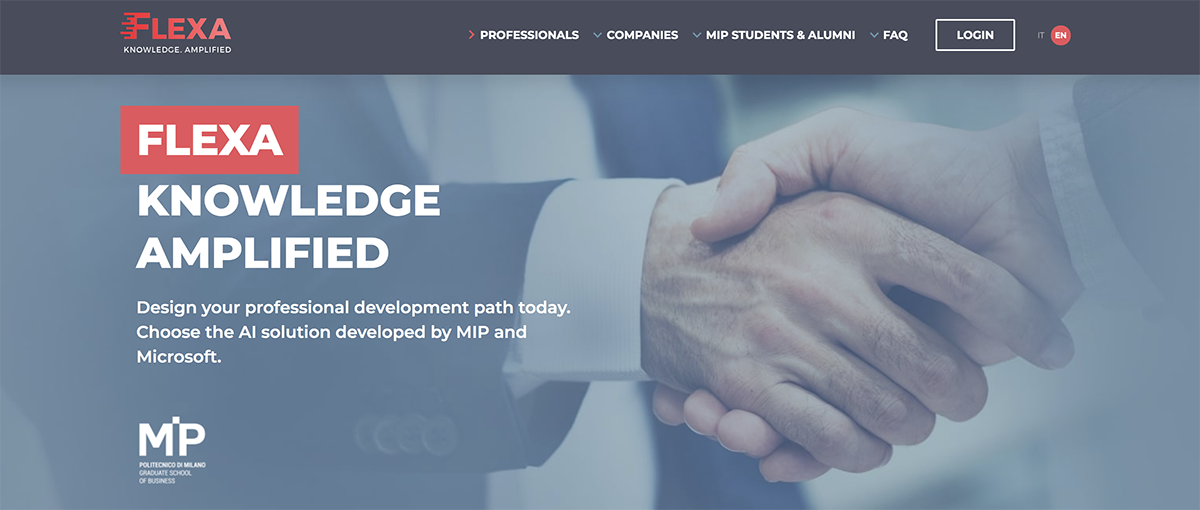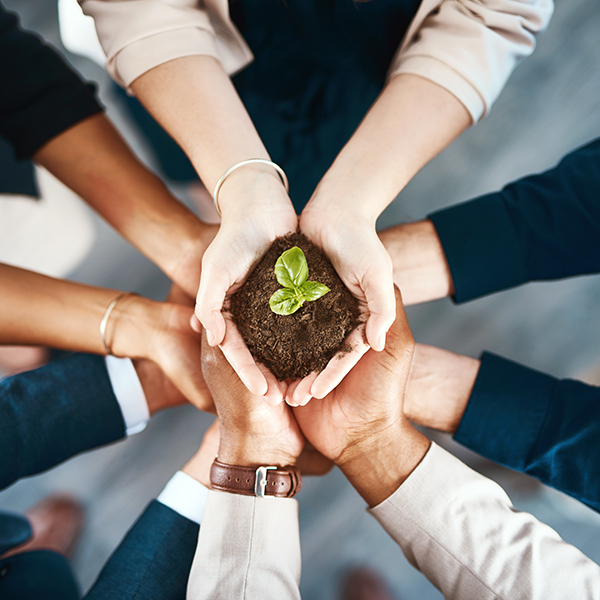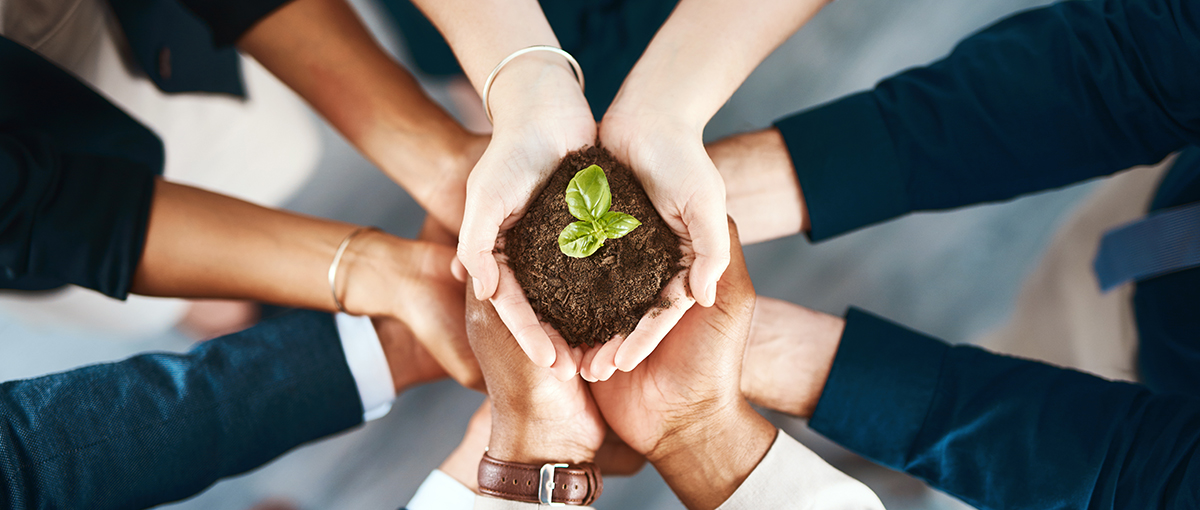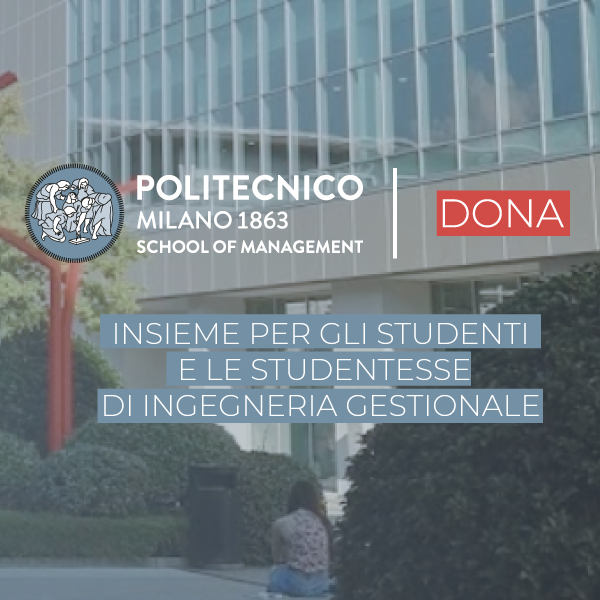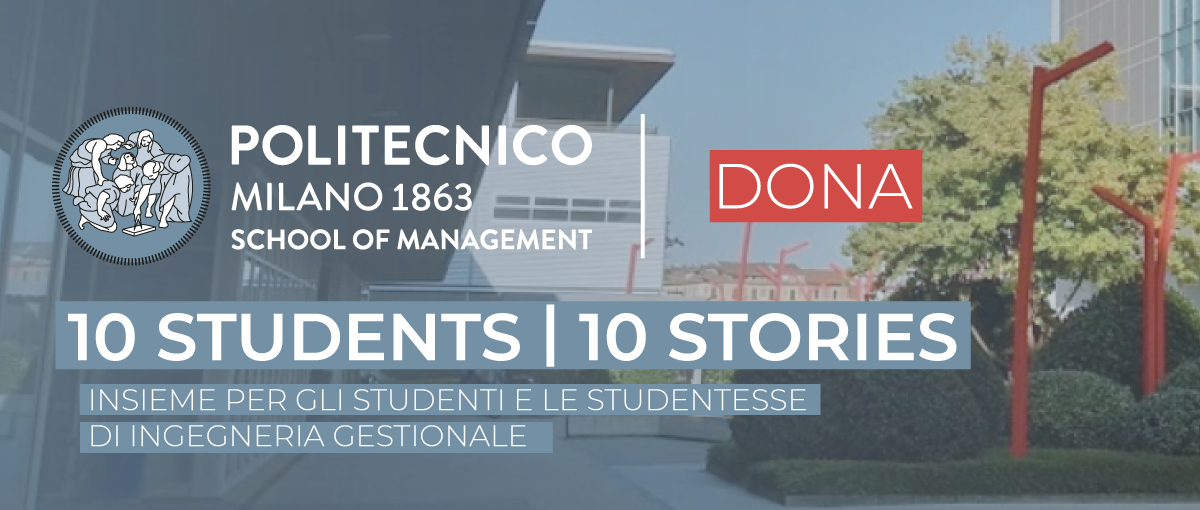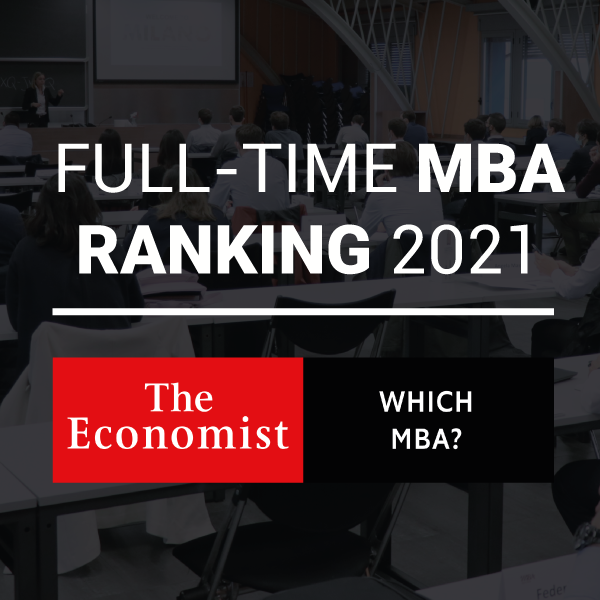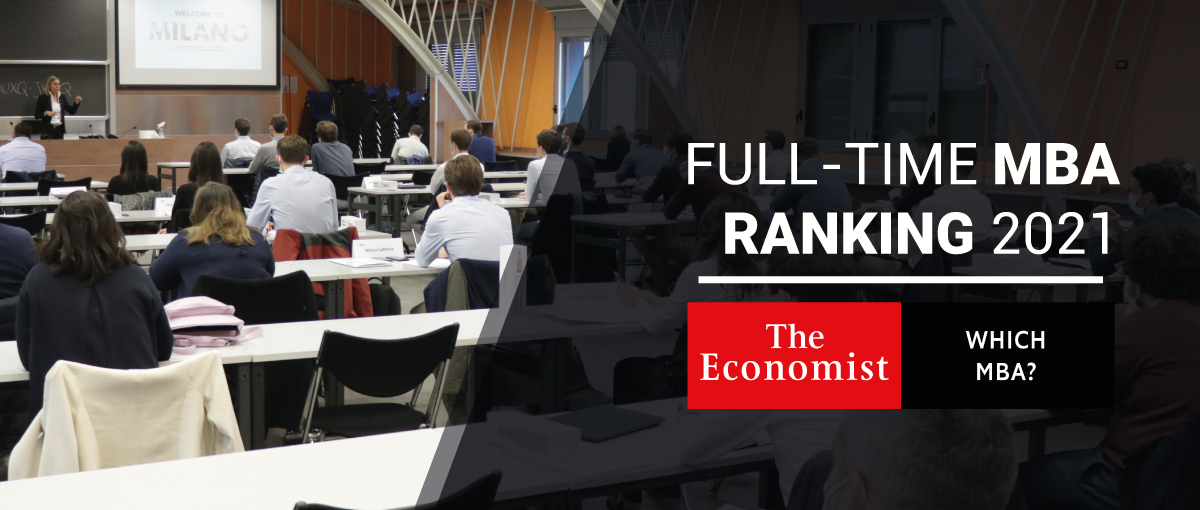The Sars-Cov2 pandemic affirmed the position of the home as the central place of work and private life, disrupting all traditional social models. Technology made it possible to run the economic system effectively from a distance, but what are the consequences of “remotisation” on the well-being of individuals? The School of Management offers a multidisciplinary platform for studying the social benefits and costs of the remote economy.
Lucio Lamberti, Full Professor of Multichannel Customer Strategy, Coordinator of the Physiology, Emotion and Experience Lab
Alessandro Perego, Academic Director School of Management Politecnico di Milano
Inclusion and inclusiveness are key issues for sustainable development: a broad, multidimensional issue that requires not only a transversal effort, but clear vertical projects through which to contribute to real collective progress. Among the various initiatives undertaken by our School, one represents for us a theme that matches our sensibilities, our skills and the type of contribution our institution can offer: the analysis of the effects of technological mediation on study and work relationships.
The Sars-Cov2 pandemic has in fact reaffirmed the position of the home as the central place for work, private life, shopping, information gathering, study and entertainment, through the enormous acceleration of phenomena such as Working From Home (WFH) and distance learning.
In recent months, the social patterns of individuals and families have been transformed with unimaginable vigour and speed. Millions of people have begun to work and study diligently from home, and, although a return to more traditional social dynamics can be assumed once – hopefully soon – the pandemic phase is over, alienation phenomena are beginning to be observed (or at least a reduction in the value of experience) linked to the loss of the physical dimension of sociability, if not manifestations of the so-called Cabin (or Prisoner) Syndrome, i.e. the fear of returning to normal interaction outside the home with the rest of the world for those who are forced to remain confined in a space for a longer or shorter time.
Furthermore, after a phase of focusing on the technological and organisational enablement of WFH and distance learning, it is now time to evaluate their effectiveness compared to traditional models. We are faced with phenomena of historic significance: on the one hand, there is the issue of social inclusion and resilience, since the remote economy exacerbates the consequences of social detachment of the less digitised sections of the population, which are often also the most vulnerable sections of the population (e.g. low-income families, the elderly, the disabled).
On the other hand, in the very complex social equation estimating the social benefits and costs of a progressive “remotisation” of work and training, the terms relating to effectiveness (quality of learning, productivity, innovativeness, etc.) and to the well-being of the individuals involved (satisfaction, quality of life, sociality) are still largely unknown.
These are drivers of social cohesion, individual wellbeing, efficiency and effectiveness at work and at school, and interpersonal and emotional development which, in extreme terms, could be momentous achievements capable of generating sustainable development (less traffic, less pollution, greater inclusiveness, revitalisation of non-urban areas), or dangerous threats of the deterioration of economic well-being, quality of life and quality of human capital, if not of engendering individual, family and social tensions.
The School of Management has embarked on a multidisciplinary and multi-platform research project on the wellbeing of the individual in the remote economy aimed specifically at qualifying and quantifying the dynamics of relationships, engagement and productivity linked to WFH, the dimensions of the effectiveness of distance learning, the cost factors and social benefits of the “remotisation” of study/work relationships.
In order to do this, we want to (and must) draw on the wide range of skills that the School can express: the MIP, a business school at the forefront of the world in distance learning; the Digital Innovation Observatories, which have been analysing for more than ten years phenomena such as Smart Working, the digitalisation of homes and relationship models mediated by technology; the IOT Laboratory, which develops and studies models of interfaces between individuals and their connected devices; the Pheel Laboratory, which studies and measures, in a multimodal way and based on biometrics, the effectiveness and reaction of interfaces and experiences on individuals.
But even such a wide range of expertise risks failing to encompass the complexity of the issue. This is why, in accordance with our strategic plan and that of our University, we are creating a system of relations with the other branches of our Politecnico (e.g. the departments of Electronics, Information and Bioengineering, Physics, Civil Engineering, Mechanics, Design) with research centres in disciplinary domains other than the Politecnico (Psychologists and Sociologists, above all), and with companies and institutions jointly interested in the topic.
Our platform aims to create experimental environments that mimic the home experience to enable experiments on WFH and smart learning experiences in terms of ergonomics, sound insulation, contextualisation, material impact, user experience and productivity dynamics. In line with the strategic reflection on smart working in our University, we intend to explore the issue of balancing face-to-face and remote working in order to identify solutions that balance the advantages of both while limiting possible areas of weakness. At the methodological level, we intend to work with minimally invasive wearable devices to conduct research on well-being and stress with long-term designs on targeted population panels. In order to evaluate the effectiveness of educational interventions and teaching practices, we intend to develop 3D simulation, augmented reality and virtual reality spaces and prototype distance learning interfaces.
The key to the project is its multi-faceted nature: the problems of sustainable development are too complex and multi-layered to be tackled really effectively within one subject area such as economics, management or engineering.
It is fusion, cultural inclusion that is the real key to innovation, and it is in this direction that research institutions, in every field, should move.


